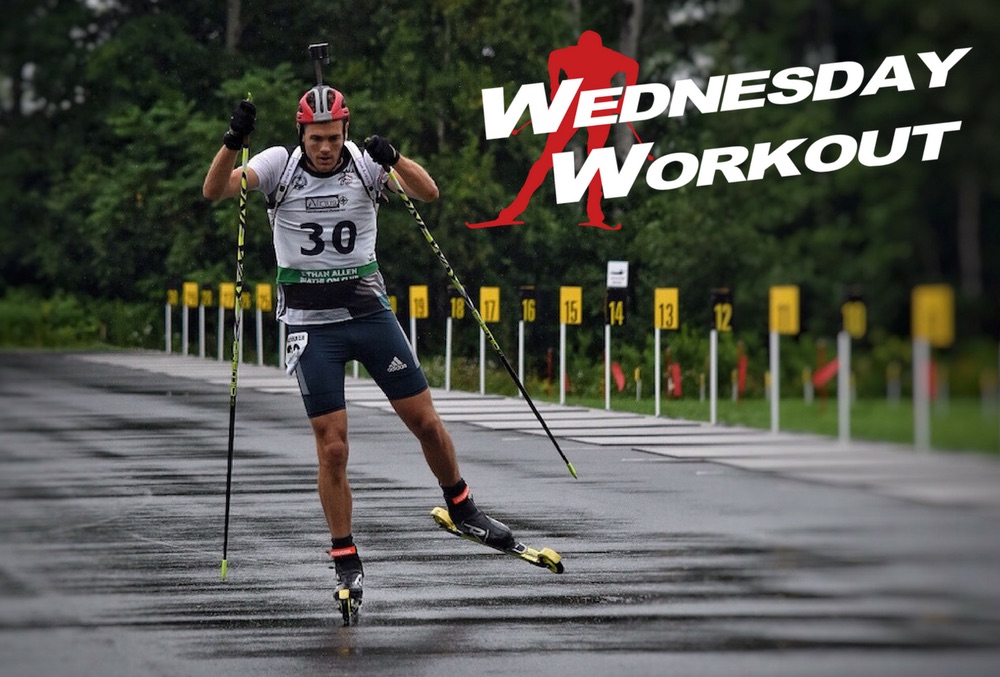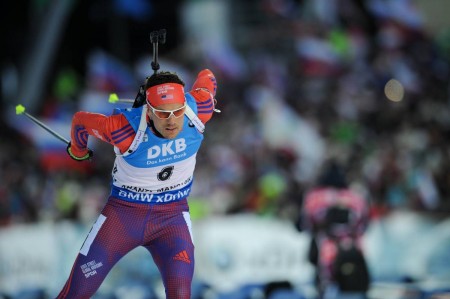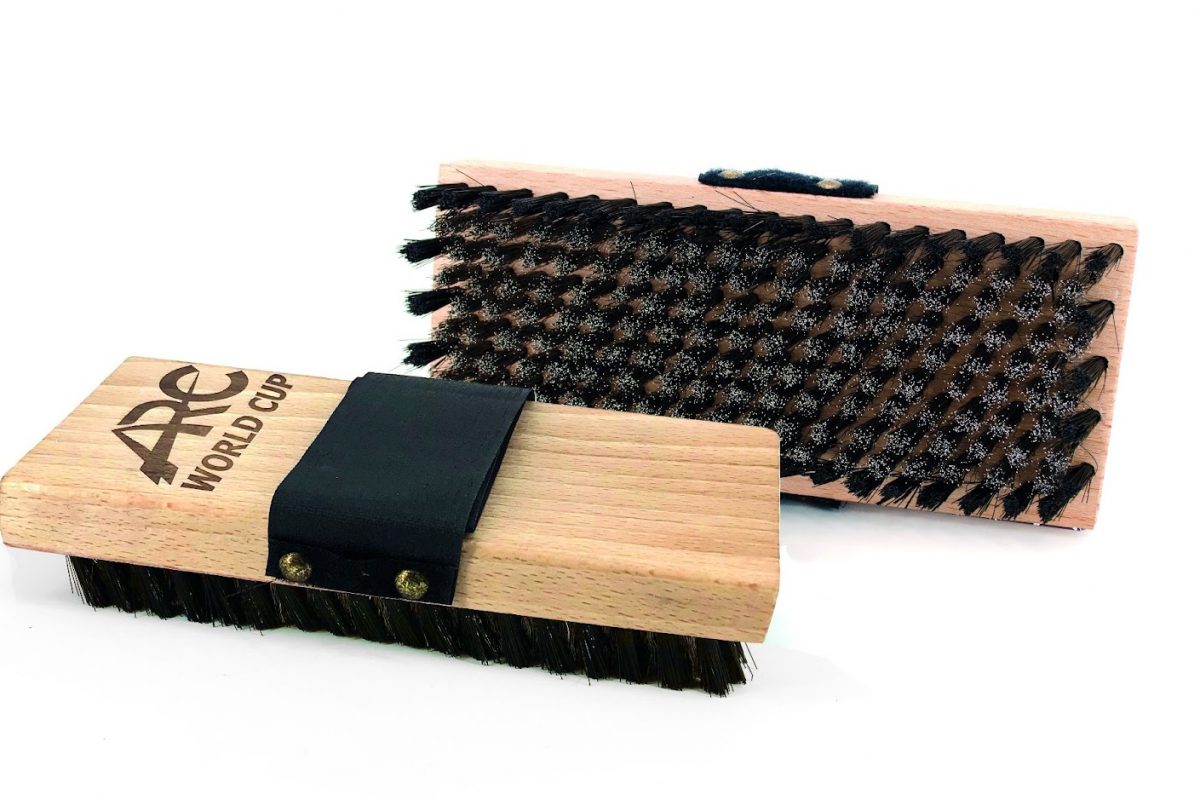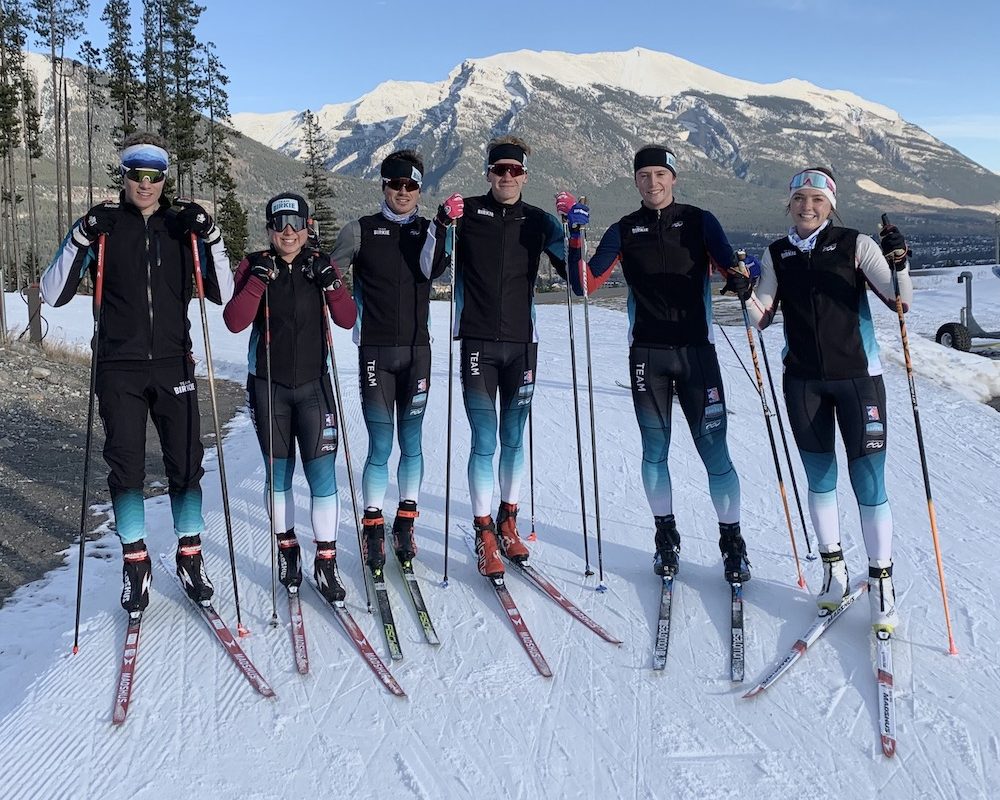
Here’s a modified acronym: KIS. Intentionally left out is the final S, as in KISS; “Keep It Simple Stupid”.
Let’s give ourselves the benefit of the doubt. It’s been a long summer and dryland season. We’re all in a place to learn more, not denigrate. Keeping things simple and positive may tilt the cost-benefit scales in our favor.
“Keep it simple” is a basic mantra for building upper body, ski-specific strength.
If you thought biathletes had enough to worry about with the skate skiing, ski selection and shooting as they prep for the International Biathlon Union (IBU) World Cup, you’d be right. Maybe race-day nerves are a bit mellower for biathlon wax techs on race day — there’s no kick wax snafu’s to tiptoe around — but that doesn’t mean US Biathlon’s Tim Burke doesn’t use double-pole workouts in his offseason training.
Yeah, you heard that right. Noah Hoffman and his now quotidian five-hour double pole rollerski sessions, they’re not just for nordies. Although it should be noted, Burke does partake in the double poling, it’s just a much shorter workout in duration than Hoffman’s epics.
This Wednesday Workout might best apply to the cross-country skier who only associates the word “classic” with things like cars, music, clothing, and say Coke. And if you’ve ever blurted out this: “Klister and Extra Blue are nothing to me!”, then keep reading. If Burke does it, the logic may follow that you should, too.
Burke’s Simple Double-Pole Workout (as written by Tim Burke):
“Here is a short but extremely effective double pole workout … the whole thing is pretty simple. I start in the weight room with 30 minutes of pretty continuous core work. You can be creative with the exercises here but I prefer to do most of my work with a redcord. I mostly focus on the core and other muscle groups used during double pole. The goal here is to fatigue these muscles for the second part of the workout.
After 30 minutes is up, I head over to the roller ski treadmill and double pole for up to an hour. I start at 6% grade and gradually work up to 15% by the finish. Of course you don’t need a roller ski treadmill, but it definitely makes the workout more challenging. I also always use skate poles in my double workouts because I am most interested in the crossover to my skate skiing.”
Part I: 30 minutes in the weight room, continuous core work
Part II: 1-hour double pole, up gradually increasing incline (like a moderate-to-steep hill)

True enough, it’s rare for skiers to own or have access to a rollerski treadmill. But that doesn’t mean that creativity cannot win out. Find that long, gradually getting steeper and steeper hill and presto: the resourceful person’s rollerski treadmill but with clean air, trees, and hopefully minimal traffic.
For those wanting to dive a bit deeper into the specific muscle groups used while double poling, here’s a link to a useful 2010 Journal of Applied Physiology paper. (Note: the red coloration in the images denoting muscles groups used indicate greater glucose uptake. All that means this: the red muscles are used more intensely.)
Jason Albert
Jason lives in Bend, Ore., and can often be seen chasing his two boys around town. He’s a self-proclaimed audio geek. That all started back in the early 1990s when he convinced a naive public radio editor he should report a story from Alaska’s, Ruth Gorge. Now, Jason’s common companion is his field-recording gear.



